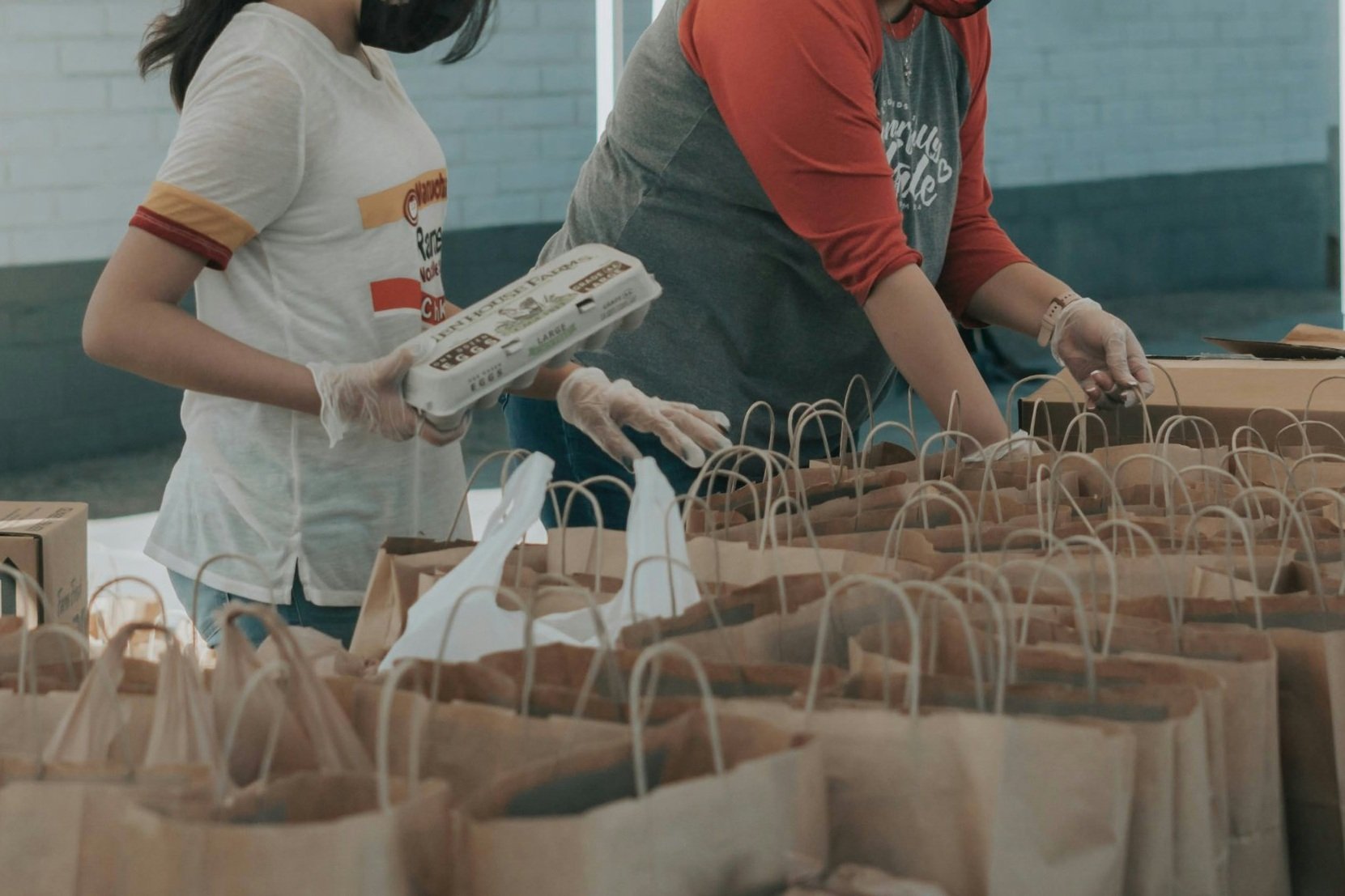
Research, reports and publications
We think that sharing and collaborating is the best way to move things forward. Our research aims to provide independent and evidence-based advice to help communities survive and thrive
Mutual Aid
12 December 2024
The Plan C Research team recently completed a detailed report on Mutual Aid (neighbours helping each other in times of crisis) in Greater Uki. Led by Dr Claire McLisky and funded by the French humanitarian think-tank Groupe URD, the study was undertaken as part of a global investigation into how grassroots communities respond to crisis. Both the multiple compounding crises recently experienced in this locality, and the well-developed state of community-led resilience organising there, made Greater Uki an excellent choice for investigation. Overall, Claire conducted 29 interviews with community members and representatives of emergency services and government agencies. She and Emma Pittaway anonymised, transcribed and coded these interviews and then spent weeks analysing the data around three main areas of interest: the forms and characteristics of mutual aid; how mutual aid changes and develops over time (i.e. before, during and after crises); and how mutual aid is impacted by relationships with Disaster Management Serivces, government, and other external players.
The report finds that mutual aid in Greater Uki has taken (and continues to take) many forms: from spontaneous acts such as flood rescues and offers of help or accommodation to drawing up rosters to fight fires, or setting up Emergency Hubs in local halls, sheds, or private premises. At the more organised end of the spectrum, the residents of Greater Uki have established grassroots groups such as Resilient Uki, and the Byrrill Creek and Kunghur Community-led Resilience Teams to name just a few. These groups are supported and sustained by enormous inputs of time and energy, and values such as kindness, connection and collaboration, a combination which the report describes as ‘thick reciprocity’ – a commitment to collective action based on the understanding that mutual aid is not just a transactional or transient but rather part of the culture of a place, it ripples out and links back to community values and the activities that happen during times of relative ‘normality’.
Another important finding is the extent to which the timing of disasters can impact support for mutual aid. For all the Greater Uki localities considered in the study, interviewees reported a surge in interest around community organising after disasters. For example, in January 2020 after the Mt Nardi fire had been extinguished there was energy that local community leaders were keen to harness. However the sudden onset of another crisis – the COVID-19 pandemic – stymied the development of mutual aid in some locations. The gap between the Black Summer fires and the 2022 flood, however, was considered by many interviewees to have been well-timed in terms of community-resilience building: long enough to have allowed the community to recover somewhat, but short enough for the recurrent nature of climate-change related crises to be apparent, and for community members to want to act on that. The chart below gives a visual representation of the growth of mutual aid in Greater Uki in response to the series of crises between 2012-2024.
Four of the Resilient Uki (RUKI) members with their new community connection trailer.
The third section, on community resilience groups’ relationships with Disaster Management Services (DMS), produced uneven findings. While the personal relationships between grassroots groups and DMS personnel have in many cases been incredibly supportive (and indeed in some cases these groups are the co-creation of community leaders and DMS workers), at an institutional level support for community disaster response and recovery is lacking. In particular, DMS policies still hesitate to formalise civilian involvement, leaving community leaders frustrated by the lack of legal security and formal recognition. This ambivalence highlights both the benefits and challenges of integrating mutual aid into official disaster response frameworks as it can risk undermining grassroots autonomy while providing critical structure and legal protection.
The report provides a number of recommendations for community groups, DMS, and policy makers, grouped around the themes of relationship-building, communication, structures, and practical support for mutual aid. Recommendations for community groups included that they prioritise their relationships with all stakeholders, focus on building community connection and capacity, and strengthen their communication systems for use both in times of crises and in the gaps between crises. Disaster Management Services, meanwhile, are urged to develop clear protocols for integrating community-led structures into formal responses, and to provide practical support (including hardware and training) to community resilience groups. Finally, it is recommended that policy-makers, among other things, recognise the critical role that communities play in responding to disasters, disaster-proof the national telecommunications network, and provide communities with funding to establish alternative communications networks where national networks fail.
Dr McLisky and the Plan C Research Team would like to thank all interviewees that took part in the study, and especially community leaders from Uki, Byrrill Creek and Kunghur, who went above and beyond to assist with recruitment, research and fact-checking. A version of the report, tailored to the Northern Rivers audience, will be made public in the new year.


